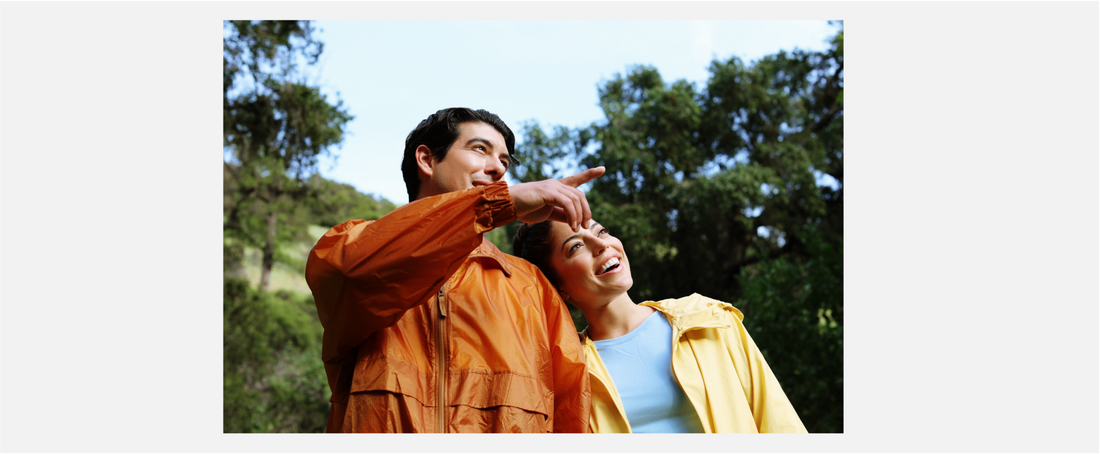Preparing for Spring Allergies – Spotlight on the Southeastern U.S.

Preparing for Spring Allergies – Spotlight on the Southeastern U.S.
Longer days, warmer temperatures, and allergies signal the coming of spring. More than 50 million Americans live with various types of allergies each year and many of them suffer from seasonal pollen allergies.
Based on the latest Allergy Capitals Report by the Asthma and Allergy Foundation of America (AAFA), many cities in the south and southeastern regions of the U.S. are notorious for seasonal allergies, namely, Columbia/ Greenville (South Carolina), Charlotte/ Winston-Salem (North Carolina), and Miami/ Jacksonville (Florida).
According to Dr. Maeve O’Connor, founder, and medical director at Allergy Asthma and Immunology Relief of Charlotte, North Carolina, “In the Charlotte area, climate change, extreme weather patterns, and an early spring equinox have jump-started the spring season, and it’s expected to last longer as well.
“The most common spring allergens in the southeast include pollen from these trees: ash, beech, birch, cedar, hickory maple, oak, poplar, sycamore, walnut, and willow. Currently, elm, cedar, and cottonwood trees are generating the highest amount of pollen in the Charlotte, NC area. Grass allergies tend to peak around early summer as well,” continued Dr. O’Connor.
How can you best prepare for spring allergy season? Dr. O’Connor shares these drug-free tips:
- Stay indoors on dry, windy days and avoid outdoor activity in the early morning when pollen counts are highest. The most optimal time outdoors is after a good rain, which clears pollen.
- Avoid gardening and lawn care - this is a good time to hire a yard helper!
- Remove clothes you've worn outside and shower to rinse pollen from your skin and hair.
- Don't hang laundry outside — pollen can stick to sheets and towels.
- Wear a face mask if you work outside.
- Use air conditioning in your home and car. Do not drive with the window down and set car vents to recirculate when pollen counts are high.
- Use high-efficiency filters on HVAC, vacuum cleaners, and HEPA filters, especially in the bedroom.
- Monitor the weather and pollen counts in your area so you can get ahead of the game!
- Rinsing your nasal passages with saline solution (nasal irrigation) relieves nasal congestion. Rinsing directly flushes out mucus and allergens from your nose. The safest homemade saline solution includes distilled water to reduce the risk of infection.
- Natural remedies that may improve hay fever symptoms include extracts of the shrub butterbur, spirulina (a type of dry algae), quercetin, bromelain, and other herbal remedies.
- Acupuncture has shown possible limited benefits in reducing allergy symptoms.



